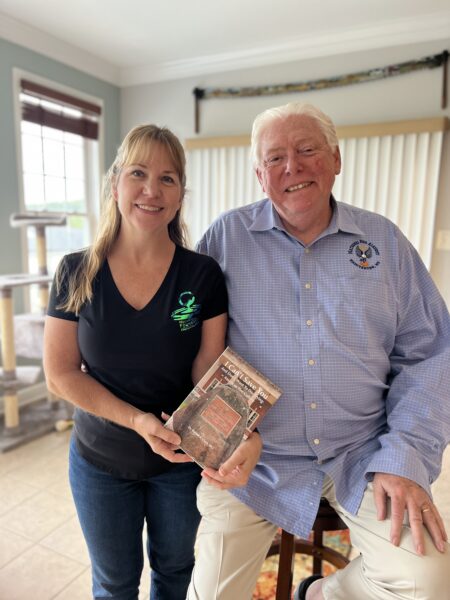![]()
Social Travel: Rediscovering the Friendly Skies
Editor’s note: TechCrunch contributor Semil Shah is an entrepreneur interested in digital media, consumer Internet, and social networks. Shah is based in Palo Alto and you can follow him on twitter @semil We’ve heard endlessly how “social” will eventually disrupt and transform old, stodgy industries, perhaps even reinvent them for the better. The promise of this change, of course, is often tempered by the reality that, if indeed this stuff actually happens, it will take time and we’re currently in the early stages of the game. And when it comes to travel, one of the most heavily regulated industries, disruption and transformation would be music to travelers’ ears. There are a number of reasons travel has become more of an onerous task (thank you, TSA), yet consumers continue to brave the elements to merrily trot around the globe. Brushing aside the fact that a significant portion of travel is business-related, decisions around leisure travel typically involve a number of factors, many of which are coming online. The catalyst for a personal trip can originate from different sources. One could have vacation time that will evaporate unless you use it. One could be offered a travel deal rate that motivates you to capitalize on it. One may want to catch up with old friends or families, or travel for entertainment, adventure, or to simply get away from your surroundings. In exploring the travel space through a social lens, most of today’s consumer web-related entrepreneurial attention is focused on what travelers do once they reach their intended destination. In the old days, travelers would book hotels directly (or through travel agents) and would rely on branded guides like Lonely Planet or Frommer’s, hotel concierges, and traditional tour companies to help address these needs. A few years later, services like Kayak and TripIt offered more options for users to organize their travel. Today’s traveler has many more options. They can “couch surf” or use others’ private spaces as lodging (thanks to Airbnb), and by comparison, could literally pick from over twenty different services to get information about their intended destinations. When I travel somewhere, I’ll typically ask friends on Facebook and Twitter for recommendations, which so far have tended to be excellent and satisfy my needs. If I happened to need even more information, I could continue my research through sites like TripAdvisor, FlyerTalk, TripIt, Quora (local), explore Foursquare lists, peruse Gowalla’s new social travel guides, or sign up for one of a new wave of startups focused on the space, such as Planely (meet people at the airport or on your flight), Trippy (friend-sourced itineraries), Triposo (interactive mobile guides), Travellr (location-based Q&A), Toour (currently in stealth), Tripping (traveler community service), Twigmore (connect with your friends’ friends in other places), Globetrooper (tool to find travel partners), MyTab (where folks can gift travel to members), Gtrot (scrapes social data and aggregates around places), JetPac (seems to be a slick iPad app, but not released yet), and many, many others I haven’t gotten around to trying.
Jetlagged yet?
The sheer number of startups focusing attention on this aspect of travel seems out of balance to me. Investors like this particular space because the path to victory is clearer, albeit its crowded, and because these types of apps and services could be inherently viral, both in terms of onboarding new users as well as benefitting from positive word-of-mouth.


Instead of destination-based guides, however, I’ve started to wonder if the real opportunity is higher up the decision funnel, before we buy plane tickets and hotel rooms, at the point we first feel the urge to travel.
The best travel recommendations I’ve received (and acted on) have come through having conversations with close friends in real life. They share slideshows of their trip and we get to interact with them in rich ways about their experience, to see if we want to sign up for the same feeling. That is a true recommendation with a real strong social signal. These moments of inspiration oftentimes ignite the travel spark and could trigger a transaction. Startups like Gtrot and Gogobot, for instance, allow users to plan trips or record them after the fact, and research travel tips from social networks, organizing information around places.





